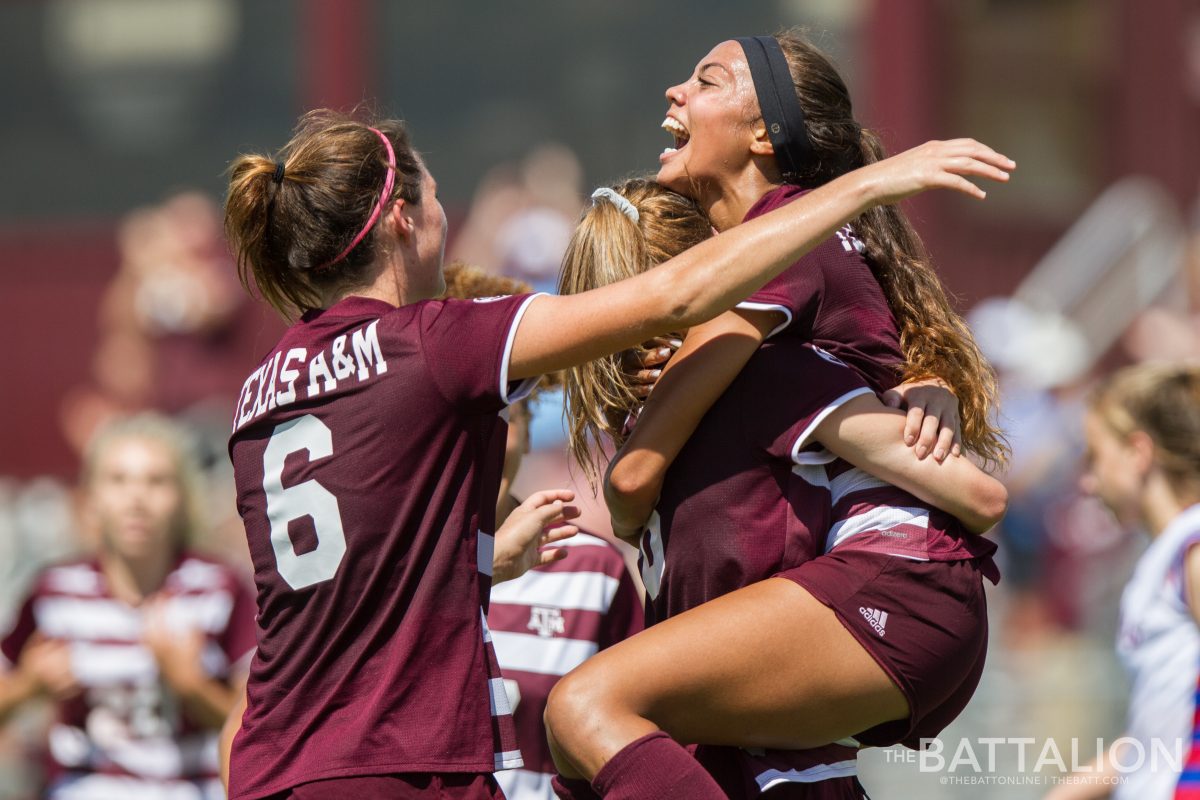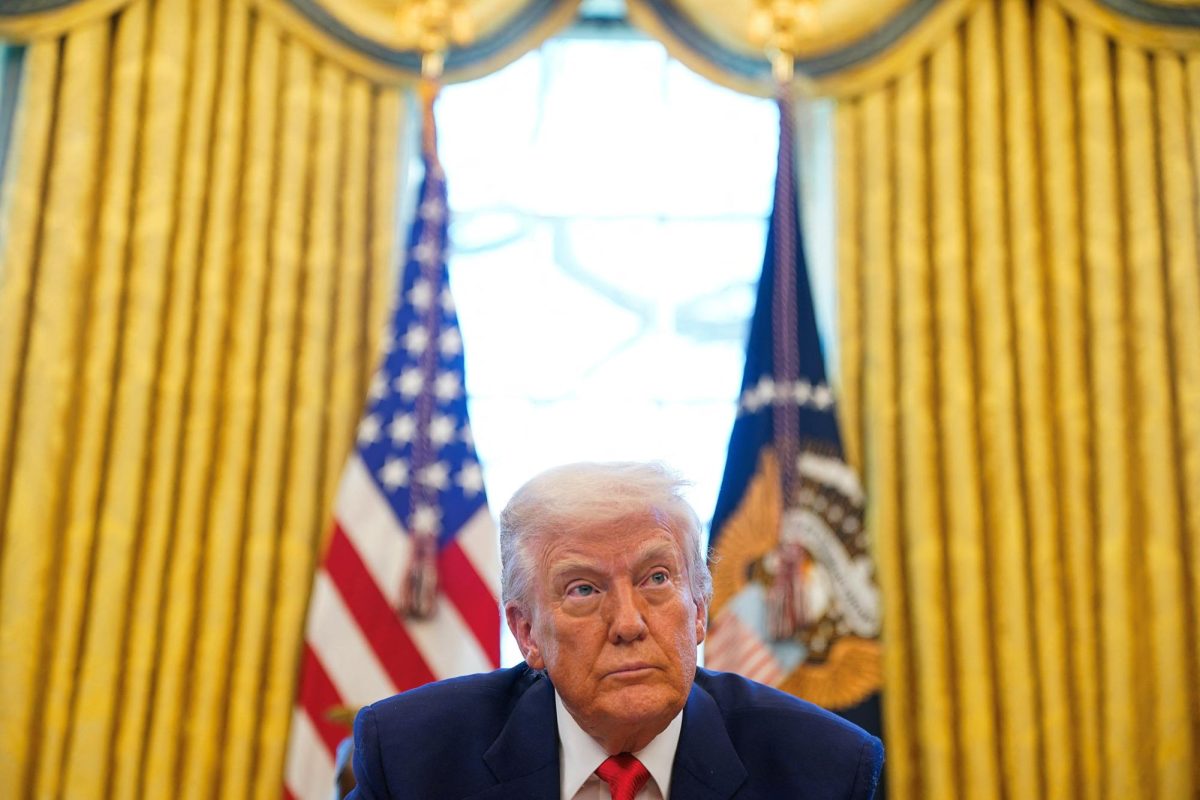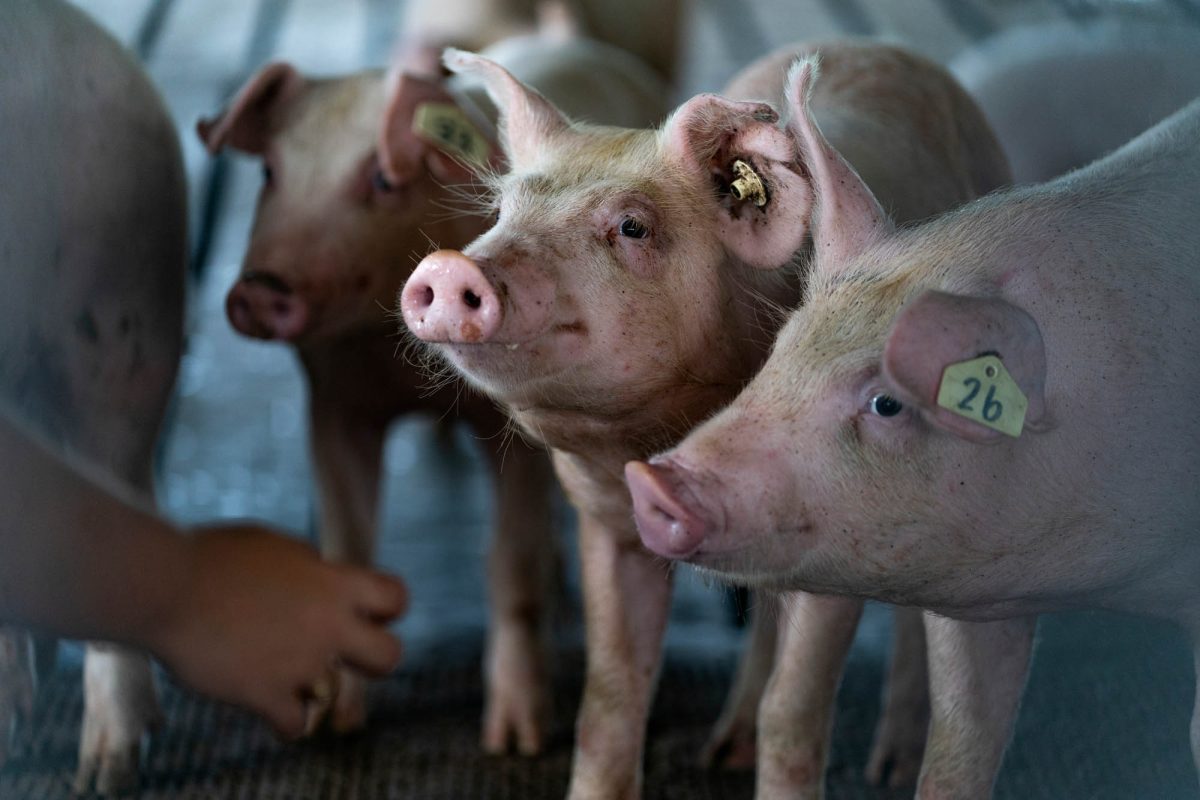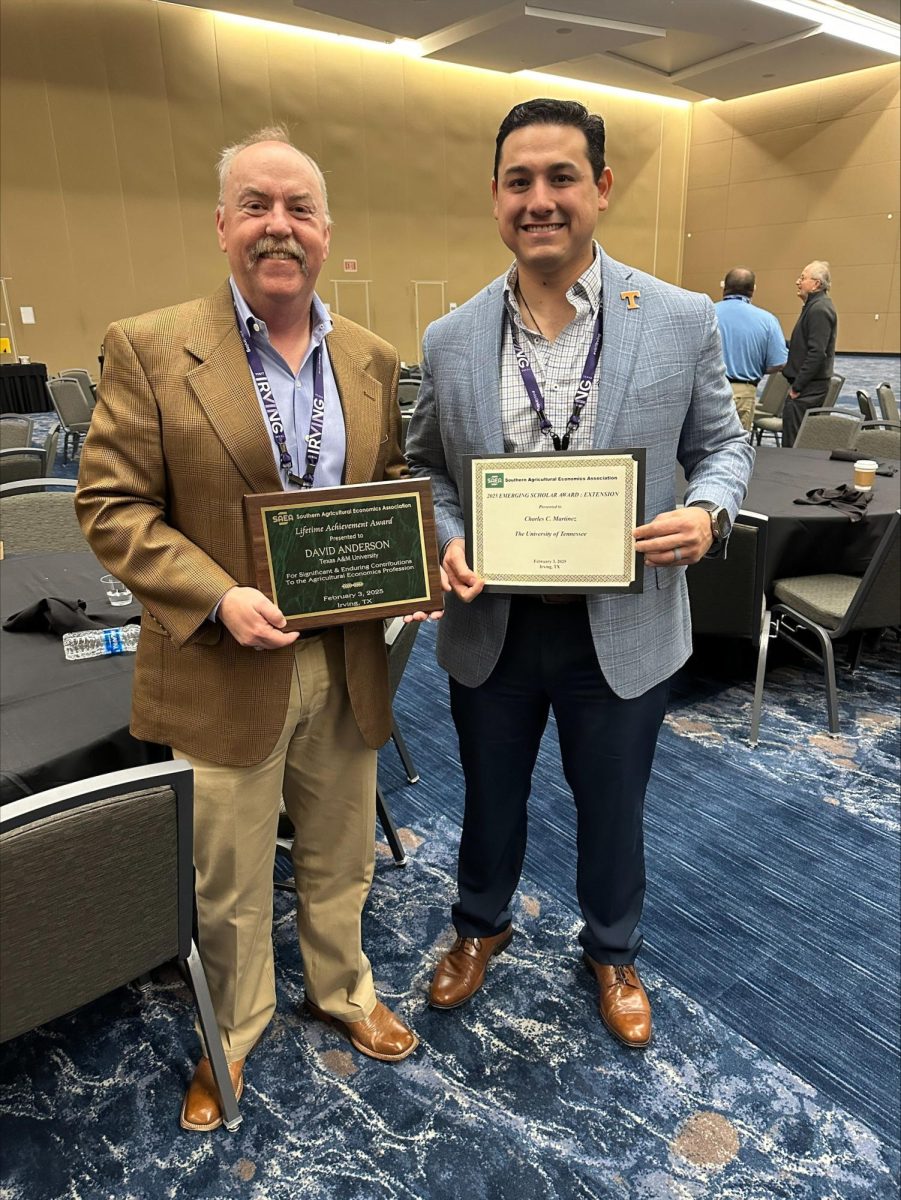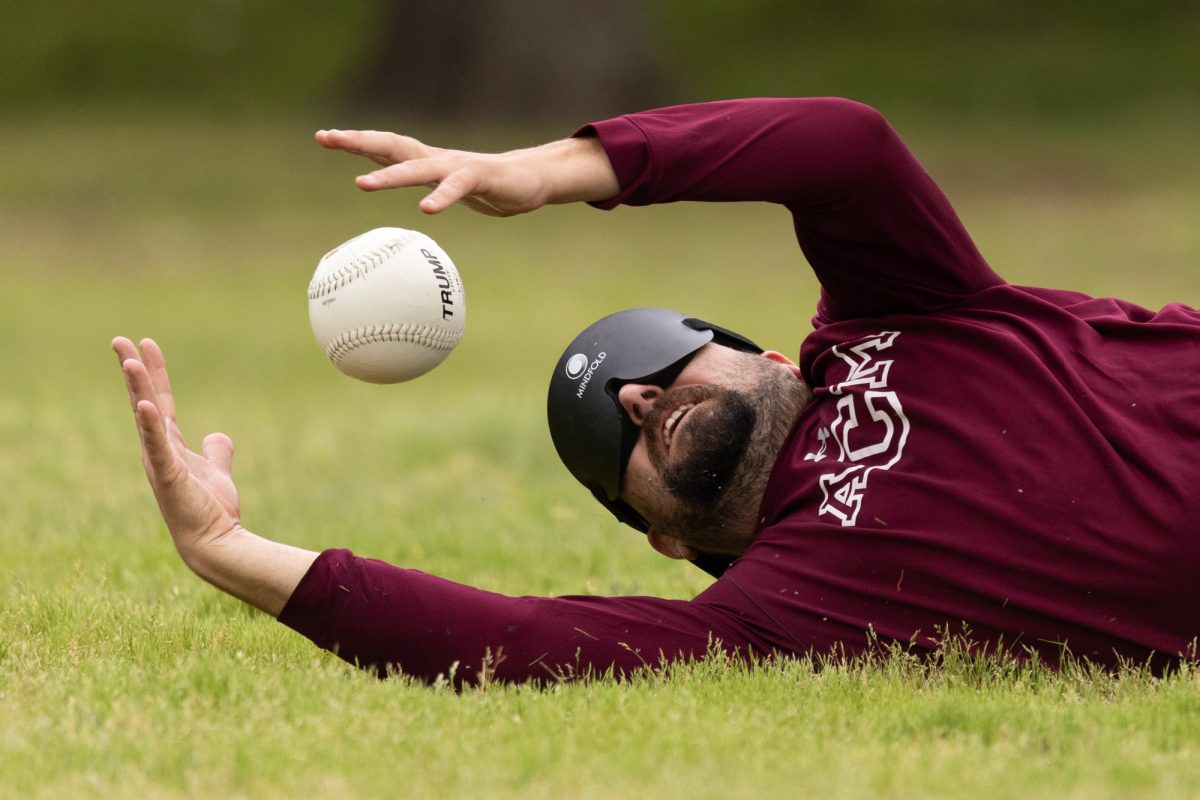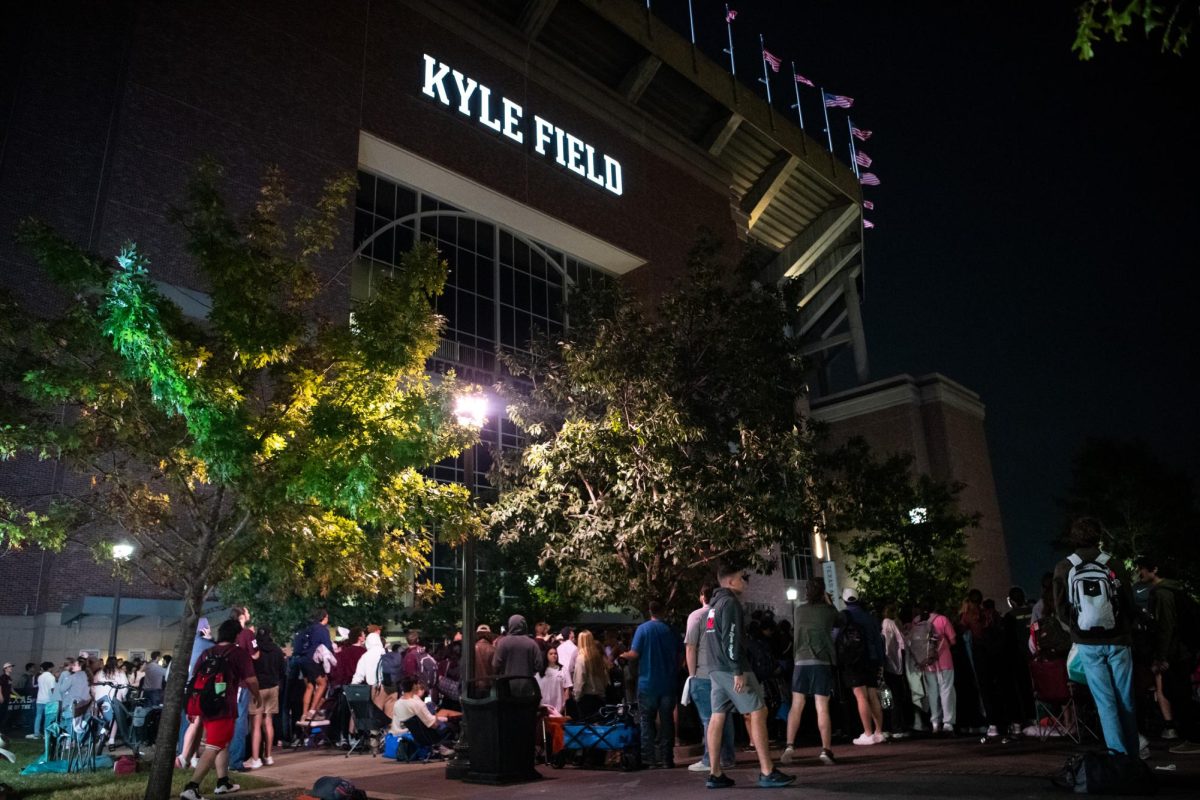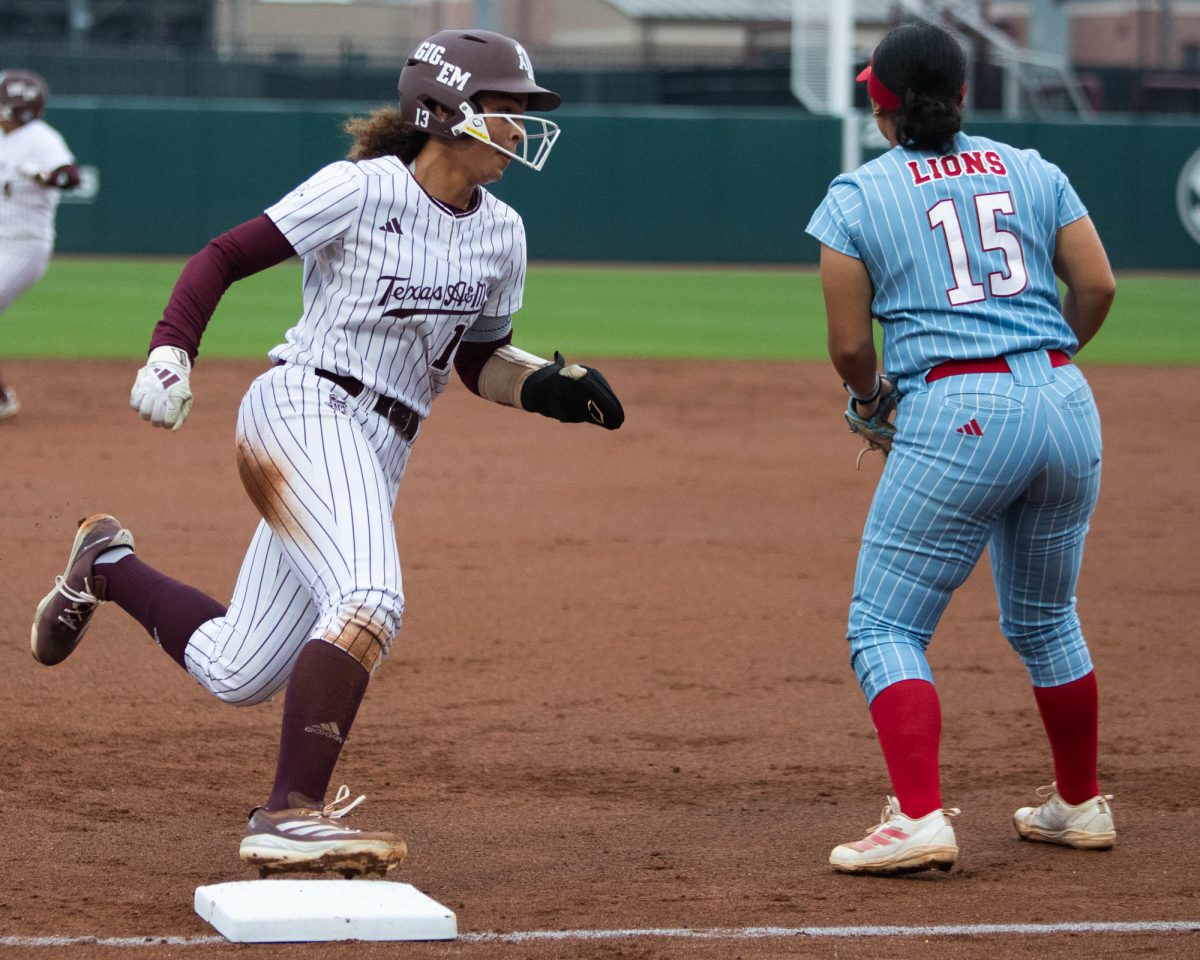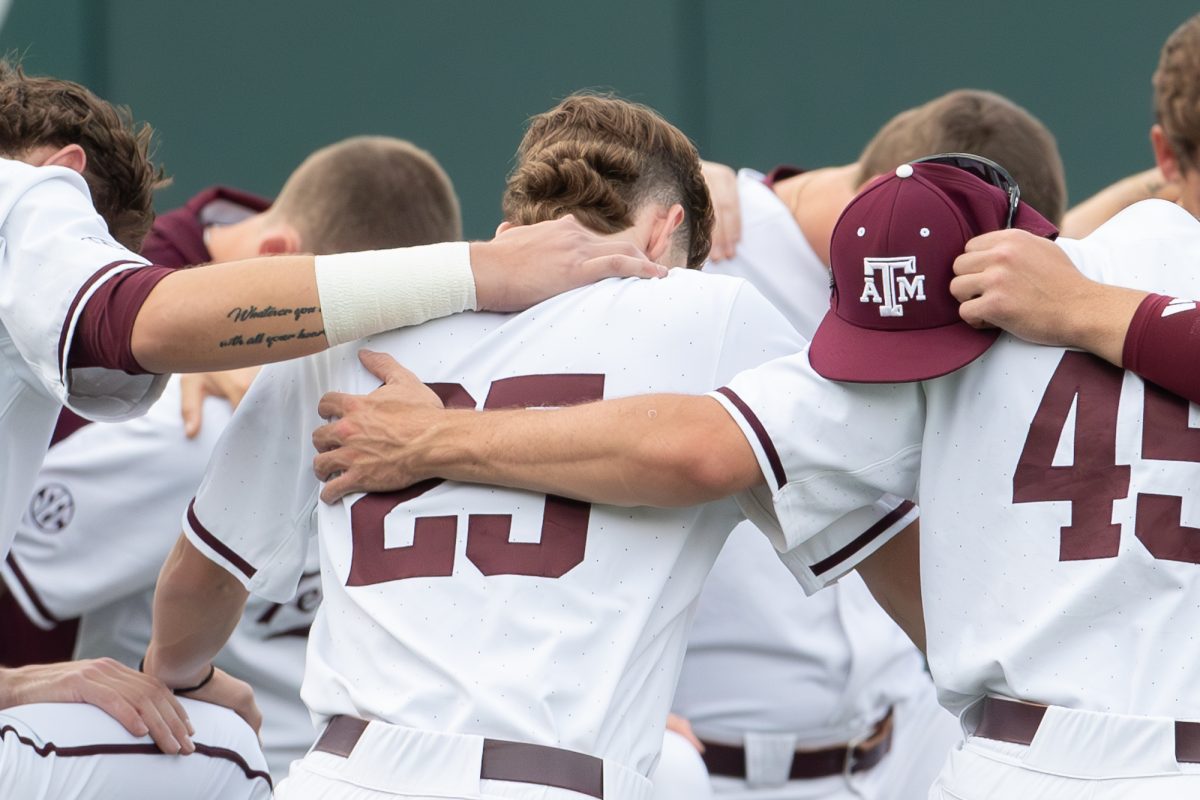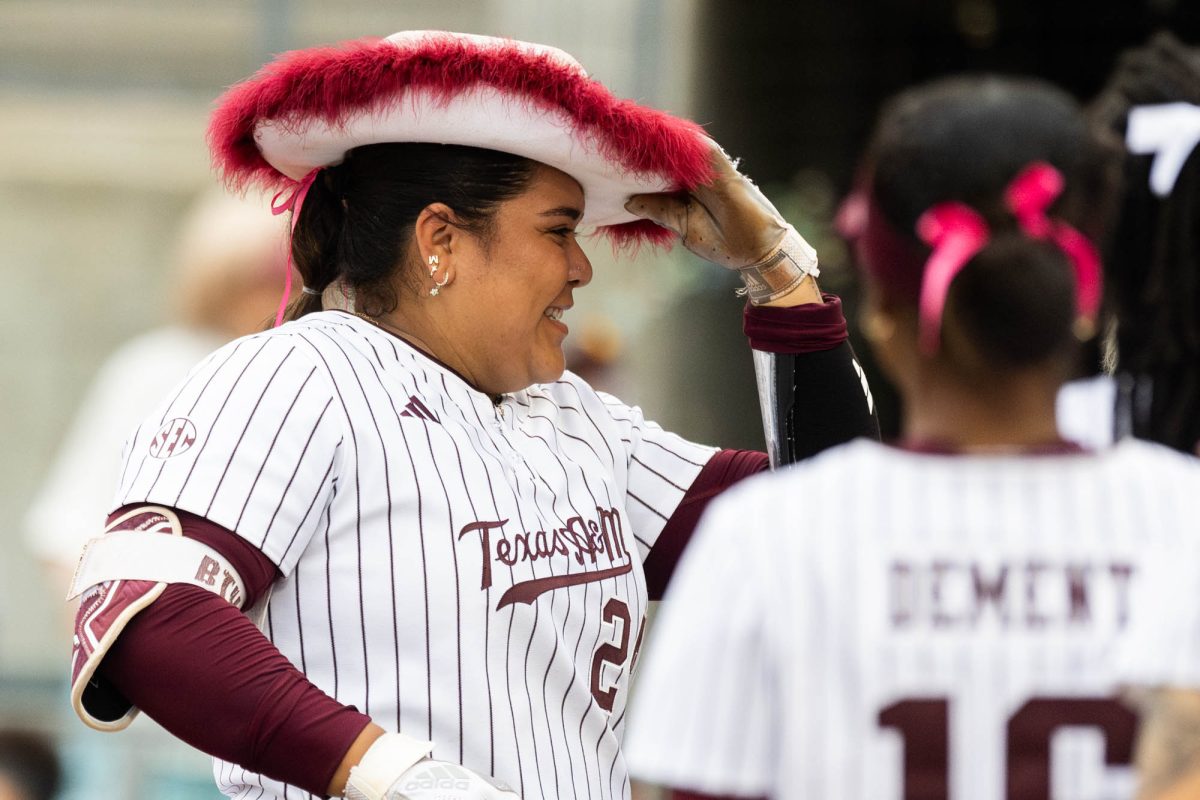In March of 2016, five members of the United States Women’s National Team filed a lawsuit with the Equal Employment Opportunity Commission stating they made four times less than the men in 2015. While this was an important moment for the team, it was just the beginning of a journey filled with a World Cup win, inspiring performances and 28 new role models for young women.
When the original lawsuit was filed, center midfielder Carli Lloyd told TODAY after their 2015 World Cup win that this was the right time to bring this issue to light.
“I think the timing is right. I think we’ve proven our worth over the years, [we are] just coming off of a World Cup win,” Lloyd told TODAY. “The pay disparity between the men and women is just too large and we want to continue to fight. The generation of players before us fought and now it’s our job to keep on fighting.”
However, a month earlier U.S. Soccer filed a lawsuit against the U.S. Women’s National Team Players Association, stating players didn’t have the right to strike against the pay gap. It wasn’t until February 2019 that the original players in the lawsuit — Carli Lloyd, Alex Morgan, Megan Rapinoe, Becky Sauerbrunn and Hope Solo — earned right-to-sue letters from the EEOC.
The EEOC letters moved the process forward and allowed the 28 members of the 2019 USWNT to join a federal lawsuit against U.S. Soccer alleging gender discrimination on March 8 — more than three months before the start of the World Cup.
“At the heart of this whole issue we believe that it’s the right thing,” forward Megan Rapinoe told the Associated Press. “We believe that there has been discrimination against us, and while we have fought very hard and for a long time, whether that be through our CBA or through our players association, putting ourselves in the best possible position that we can to get the best deal that we can, we still feel that we don’t have what we’re trying to achieve, which is equality in the workplace.”
Associate professor of women and gender studies at Texas A&M Joan Wolf said while the wage gap in professional soccer doesn’t add up, both morally and financially, it’s not going to be forever.
“You can’t find a reason why a team that wins more and seems to bring in more money is making less money…once you look at the team and say ‘there is no logical explanation, from a purely capitalist one or a purely moral one, there is no way you can make the case that these women should be making less money.’ I think that is a powerful moment. It was a powerful moment.”
In light of the Me Too and Times Up movements, Wolf said the women’s national team is another prime example of women raising their voices to the masses.
“Women have woken up,” Wolf said. “They’re asking questions, they’re making demands, they are saying ‘I have a right to be heard.’ For a long time, women said, ‘I have a right to have a voice.’’ Now, they are saying more along the lines of ‘I have a right to live in a way that acknowledges that I am a full human being.’”
A&M senior goalkeeper Cosette Morche will begin her own career in professional soccer when she heads to Sweden after her August graduation to play for Eskilstuna United. Morche said as she watched the World Cup final surrounded by her teammates, she was reminded of her passion for both soccer and equal pay.
“Ever since my senior season ended I’ve been trying to go play professionally and watching the World Cup it made my heart really happy,” Morche said. “It makes me very excited for the future because I know one day that’s going to be me and I can be a woman who wants to fight for equal rights. Hopefully kids will want to look up to me just like they look up to the girls on the national team.”
Fellow teammate and senior midfielder Cienna Arrieta watched the World Cup final in an auditorium full of young soccer players at an Olympic development program. To Arrieta, the team was fighting for much more than their fourth World Cup win.
“They are sitting there in the room asking for equal pay and saying that their treatment isn’t what it should be, then they got out a week later and win a World Cup and then they are going to come back and say ‘okay, we deserve this.’ I think that is what they were fighting for. It’s not all the things we usually fight for on the pitch, but that is something that they probably had in the back of their heads,” Arrieta said.
According to Morche, the wage gap begins at the lowest level of professional soccer. When trying to find a team to play for after college, she began to notice the major difference in starting salaries between women, men and different countries.
“I’m going overseas to get the experience and build my resume, but also it’s kind of a nice feeling to get paid a little more than I would if I stayed here in the U.S.,” Morche said.
Arrieta hopes to also continue to play soccer after graduation, but said this fight for equal pay goes farther than just men versus women.
“Completely take away gender and base the team off of their accolades and everything they’ve done,” Arrieta said. “If you put that on a piece of paper… you put these two national teams [men’s and women’s] on a piece of paper and you give it to 20 people and you put their compensation for their accolades — it’s not going to add up in one sense. You don’t even have to think of it in the gender aspect. You can think of it just from a business standpoint.”
Arrieta said the women’s team has the biggest and best platform to fight for this issue because of the many young girls they will inspire. According to Wolf, the reach the U.S. team has on others is incalculable.
“It’s hard to measure. It’s hard to put into words what these women have gifted the United States and the world by standing up for what they believe in, by going out and winning,” Wolf said. “They said that they were going to do this and they did it. They were powerful, they were articulate, they did not let anything stand in their way and Megan Rapinoe stood up at the end and said ‘we have to have more love.’”
The fight for equal pay was a major talking point throughout the World Cup and continues to be after the team’s World Cup win against the Netherlands on July 7. Forward for the USWNT, Alex Morgan told the Associated Press this is an issue the team takes, and will continue to take, very seriously.
“Each of us is extremely proud to wear the United States jersey, and we also take seriously the responsibility that comes with that,” Morgan told the Associated Press. “We believe that fighting for gender equality in sports is a part of that responsibility. As players, we deserved to be paid equally for our work, regardless of our gender.”
‘A powerful moment’
July 23, 2019
Photo by Photo by Jesse Everett
Ally Watt celebrates with teammates at the Aggies’ win over Kansas on Sept. 16.
0
Donate to The Battalion
$2790
$5000
Contributed
Our Goal
Your donation will support the student journalists of Texas A&M University - College Station. Your contribution will allow us to purchase equipment and cover our annual website hosting costs, in addition to paying freelance staffers for their work, travel costs for coverage and more!
More to Discover




